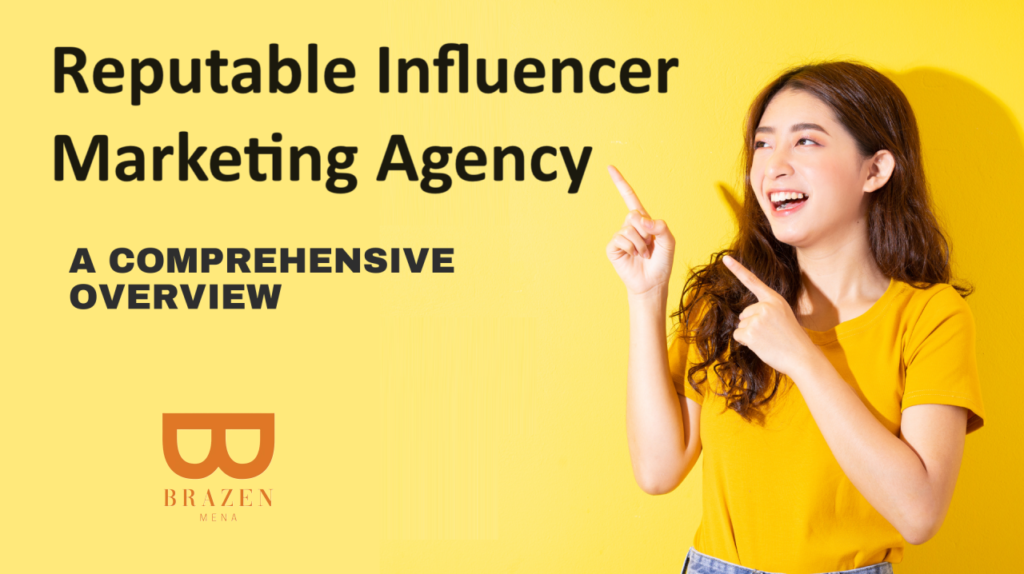The term “celebrity” or “celeb” refers to individuals who receive attention from the public and exert influence, more commonly known as famous individuals. This term, often used as a synonym for individuals with wealth and fame or those who have immense popularity and influence in specific fields, is now sometimes referred to as “trendsetters.” Their possessions and actions often become topics of discussion, sparking trends big and small, and they can have a significant impact on popular and cultural trends. Consequently, due to this influence, they are often held to higher standards than the average person.
However, individuals who have achieved success in specific fields (primarily in sports and entertainment) may draw attention not only for their success but also for indulgent lifestyles or public displays of wealth, sometimes even committing crimes, which can raise eyebrows.
The Rise of Influencers in Global Culture
Globally, celebrities include pop stars, actors, and sports stars, with the influence of Hollywood actors or athletes from American football, basketball, and baseball reaching far and wide.
In GCC, there is already a culture of considering famous entertainers and sports stars as celebrities. Due to the influence of these celebrities, a new term called “influencer” has emerged, meaning someone who influences others.
These influencers, with the advancement of digital media such as smartphones and social media, have emerged on various social media channels with tens of thousands to millions of followers, leading trends or influencing others, despite not being as famous as traditional celebrities or gaining popularity through looks or performance. Marketing utilizing the influence of these influencers is called influencer marketing. One notable example from China is the phenomenon known as “wanghong marketing,” where individuals who influence others through their daily lives, such as fashion or makeup styles, can have an economic impact amounting to billions of yuan annually.
Influencers Advertising in UAE
In the United Arab Emirates (UAE), businesses have also embraced the power of influencers. For example, Dubai’s iconic luxury shopping destination, Mall of the Emirates, partnered with popular fashion influencers like “Dubai Fashionista” and “Style Queen” to promote its exclusive designer collections. These influencers, with their large social media following, showcased the latest trends and must-have items, driving foot traffic and sales to the mall.
Similarly, online retail giant Souq.com collaborated with lifestyle influencers such as “Dubai Foodie” and “Fitness Guru” to endorse its health and wellness products. Through sponsored content on Instagram and YouTube, these influencers shared their personal experiences with Souq’s products, influencing their followers to make purchases online.
Moreover, local beauty brands like “Emirates Beauty” have leveraged the influence of beauty bloggers and makeup artists to create buzz around their latest launches. By sending product samples to influencers and sponsoring beauty tutorials and reviews, Emirates Beauty has effectively increased brand awareness and engagement among its target audience.
In the UAE’s vibrant influencer landscape, influencers are not only sought after by retail brands but also by hospitality establishments. Luxury hotels like the Burj Al Arab and Atlantis The Palm regularly collaborate with travel influencers such as “Dubai Explorer” and “Globetrotter” to showcase their world-class amenities and experiences to a global audience.
The State of Influencer Marketing in UAE 2023
The Impact of Influencer Marketing
Edarabia Store offered special courses on diet and exercise by star instructors with over 3,000,000 followers on social media platforms such as ‘Hayla Al Ghazal’, and ‘Moshaya’, attracting popularity. A Edarabia Department Store official stated, “Recently, the 20-30 age group, which is at the center of fashion trends, is heavily influenced by Instagram and other social media channels more than other media channels. Therefore, the retail industry is trying to attract influencers to their own channels to secure young customer demand.”
Department stores and other retail companies aggressively pursue influencer marketing because it’s considered an effective means of securing new customers. Notably, Forbes Magazine listed “influencer marketing” as one of the influential marketing trends dominating 2024. Influencer marketing has evolved beyond mere “word of mouth” marketing and has become a mainstream trend in marketing. Considering that in 2023, advertisers in the United States invested approximately $2.21 billion in Instagram influencer marketing alone, there seems to be little room for counterarguments against its effectiveness.
Influencers, by nature, possess a stable base of followers, making them easily capable of attracting other consumers. Therefore, marketing through influencers enables companies to secure a large number of potential customers in a relatively short period from the outset. Because companies can communicate with potential customers indirectly yet familiarly through influencers, marketing through influencers of various sizes has been recognized as a crucial marketing methodology for companies, facilitating a “natural penetration” into the market.
>> Also Read: Influencer marketing as part of the communication strategy
The Role of Instagram in Influencer Marketing

Instagram, particularly, has emerged as one of the most effective marketing platforms through influencers, thanks to its characteristics that facilitate easy access and engagement through media content and hashtags. Given the significant decrease in organic reach due to algorithm changes, the importance of Instagram influencer marketing has further escalated.
Now, let’s delve into more specific reasons for the effectiveness of influencer marketing. Firstly, millennials, who constitute a high-potential consumer group, are shifting from Facebook to Instagram. As the success in the market heavily relies on securing the millennial demographic, this shift underscores the significance of Instagram as a marketing platform. Secondly, Instagram significantly influences consumer purchasing decisions, particularly among millennials who consume a considerable amount of fashion and beauty content on the platform.
Instagram users tend to emulate the tastes and lifestyles of the influencers they follow, making influencer marketing on Instagram a highly profitable investment. According to research conducted on advertisers in 2017, investing $1 in an influencer resulted in an average return on investment (ROI) of $6.5, indicating the high profitability of influencer marketing.
However, having a large number of followers doesn’t necessarily mean that all influencers are universally famous. The influencer landscape is segmented based on follower size and expertise in specific fields, which distinguishes them from traditional celebrities who might endorse products without relevance to their expertise.
Building Trust with Consumers
Consumers today are bombarded with numerous ads on digital platforms, leading to decreased trust and interest in ads. While 92% of online consumers trust recommendations from friends or acquaintances, only 36% trust ads encountered on social platforms. Therefore, influencer marketing serves as an effective alternative to mundane advertising, as influencers help build trust with potential customers.
The influencer landscape is diverse, categorized based on follower size and efficiency. Mega influencers, macro influencers, micro influencers, and nano influencers cater to different needs and budgets of marketers. Micro influencers, in particular, have gained attention for their ability to establish intimate connections with their followers, offering a cost-effective option for marketers.
Furthermore, the integration of influencer marketing with various digital platforms like YouTube has expanded the scope of influencer marketing. With the evolution of influencer marketing, setting accurate key performance indicators (KPIs) and measuring effectiveness have become crucial. While traditional metrics like cost per mile (CPM) and cost per engagement (CPE) are commonly used, marketers are increasingly focusing on engagement metrics like likes and comments for accurate measurement of influencer marketing effectiveness.
In conclusion, influencer marketing, particularly on platforms like Instagram, presents a compelling opportunity for brands to reach and engage with their target audience effectively. By understanding the dynamics of influencer marketing and adopting a scientific approach to campaign execution and measurement, marketers can ensure the success of their influencer marketing endeavors in the rapidly evolving digital landscape.







